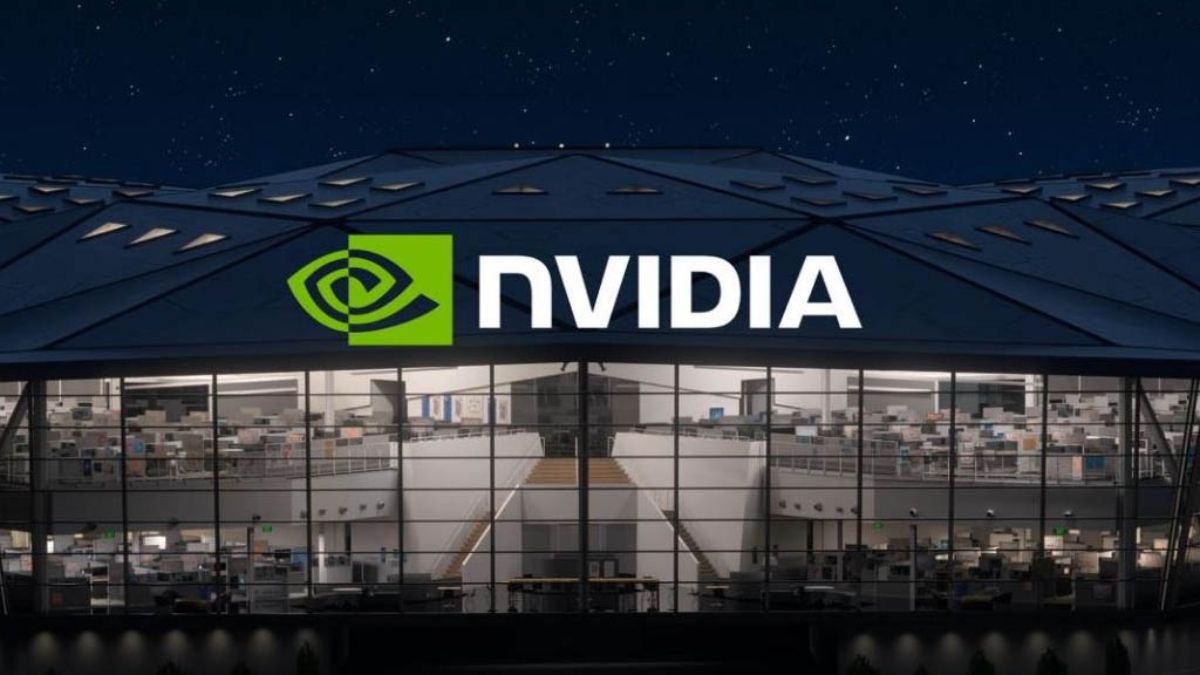NVIDIA, one of the world’s biggest tech companies, has announced that it will soon start selling its H20 chip in China again. This comes after months of trade restrictions between the U.S. and China, which had earlier blocked the chip’s sales. Things are now improving between the two countries, and NVIDIA’s CEO, Jensen Huang, even met with officials from both sides to help push things forward.
NVIDIA specially made the H20 chip for the Chinese market. It’s used in advanced artificial intelligence work, like powering smart factories and improving logistics systems. Big Chinese tech companies such as Tencent, Baidu, Alibaba, and DeepSeek all use this chip. Earlier this year, NVIDIA wasn’t allowed to sell it due to tighter U.S. export rules, which caused the company to expect billions in losses.
Now, with trade talks easing, the U.S. government has told NVIDIA that it will approve licenses to sell the H20 chip again. This is great news for both NVIDIA and its customers in China. Other companies like Synopsys have also been allowed to resume business in China, showing that restrictions are starting to loosen across the tech industry.
Investors reacted quickly to the news. NVIDIA’s stock price went up by 4.8% on Tuesday morning, showing strong confidence in the company’s comeback in China. Analysts believe this could boost NVIDIA’s earnings in 2026 by around 30 cents per share if sales in China reach about $20 billion, up from $17.1 billion expected for 2025.
This new momentum could also help NVIDIA improve its profit margins for the year. Some experts say the company could even beat its previous forecasts and hit higher overall profitability. Because of all this, several financial firms have raised their price targets for NVIDIA shares, showing they believe the company has a strong path ahead.
In short, NVIDIA is making a strong return to one of its biggest markets, thanks to improving trade ties and continued demand for its AI chips in China.


